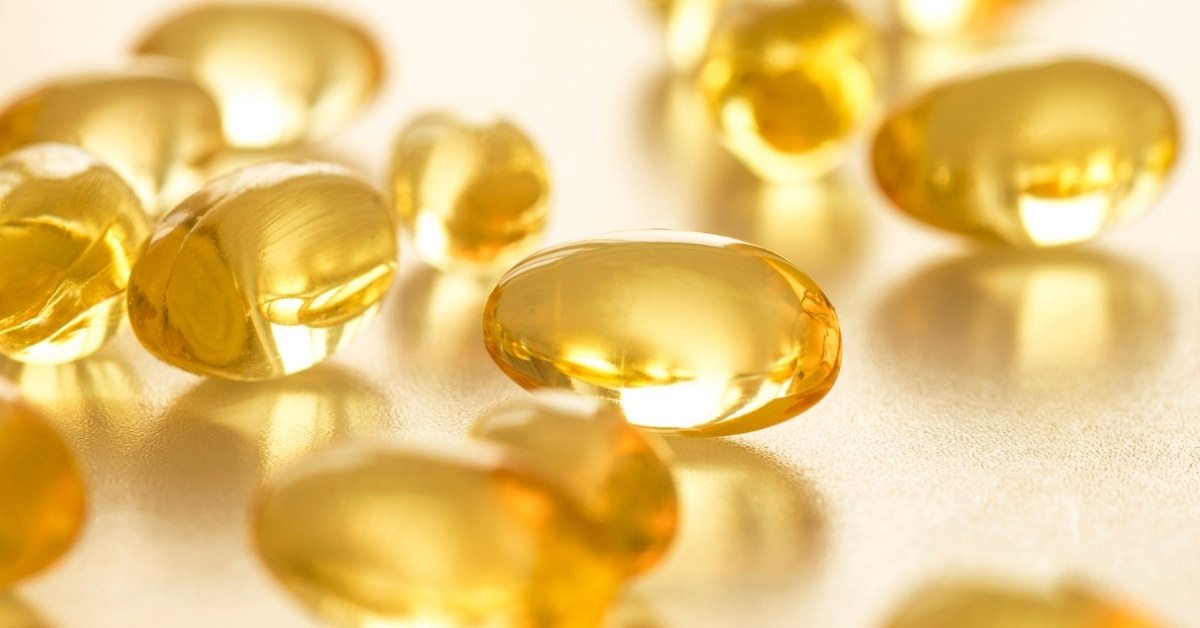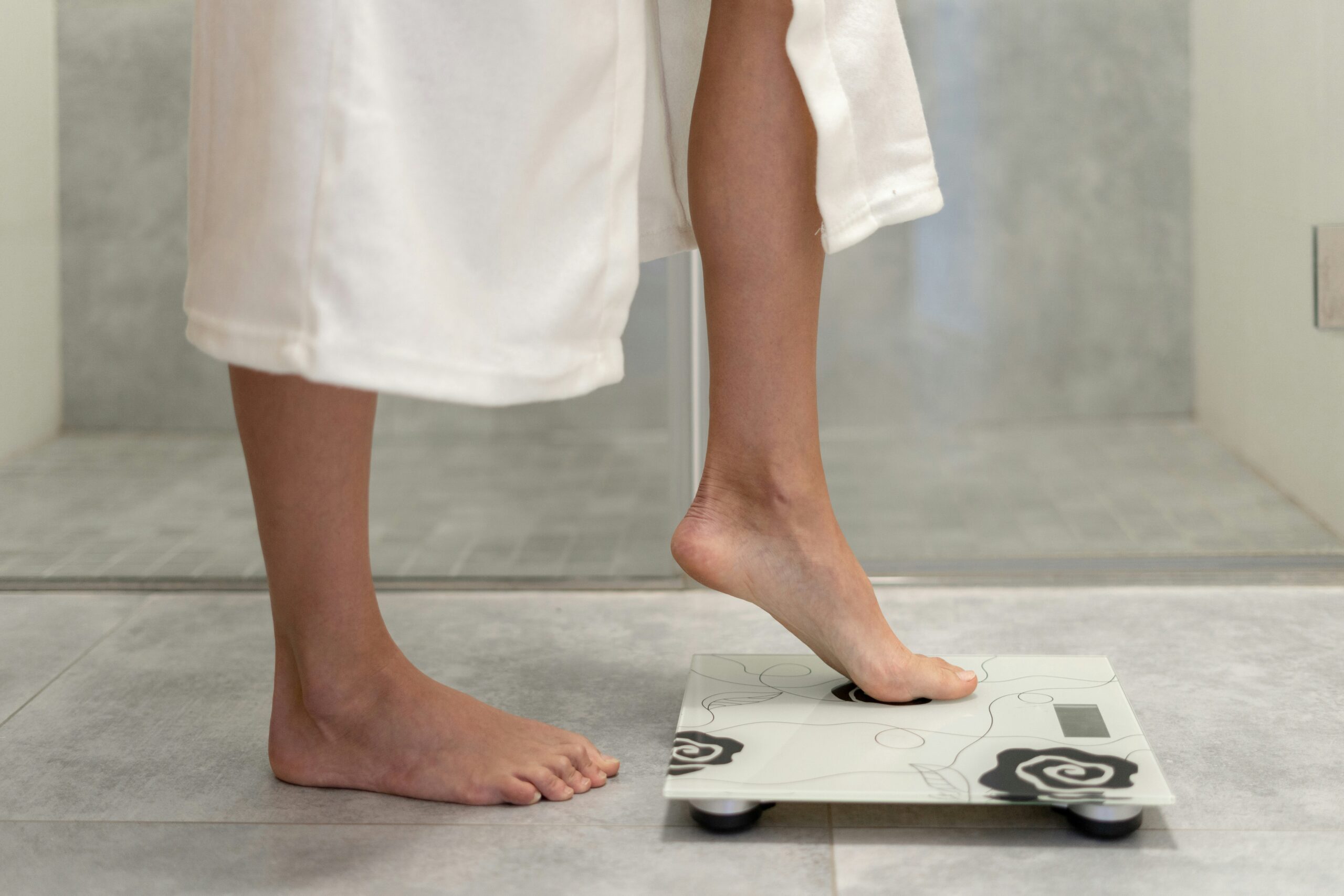Vitamin D is actually a hormone rather than a vitamin; it is required to absorb calcium from the gut into the bloodstream. It’s mostly produced in the skin in response to sunlight and is also absorbed from food eaten (about 10% of vitamin D is absorbed this way) as part of a healthy balanced diet. Vitamin D is important for bone health and calcium absorption, and also plays a role in the health of other cells in the body. It helps certain cells carry out essential functions, such as the regulation of cell growth and death.
There is a lot of information going around about “megadosing” with vitamin D. Before we get into the uses, dosages, side effects, and other data on a pharmaceutical-grade vitamin D regimen, let us step back and start at the beginning.
Vitamins, What Are They?
Vitamins are compounds, naturally occurring and, therefore, Organic, needed in the diet in trace quantities. The reason for supplements, and a great argument for a varied diet, is to provide an avenue for obtaining these trace nutrients daily. These vitamins must come from food sources because the body does not produce them in enough quantity, if at all.
Vitamins and Minerals
The human body truly needs these compounds to stay healthy. A chronic lack of vitamin C, for instance, can result in scurvy. And a trace mineral, Iodine, though not a vitamin, is crucial for proper brain development. Vitamins and minerals are not a fad, we need them, and we can mostly get them through a thoughtful and varied diet.
The Basics
Each specific vitamin helps an organism in several ways, and since we are looking into vitamin D, let us explore the effects of this vitamin. Our daily diet generally does not supply humans with the necessary amounts of vitamin D. However. Our body can synthesize this vitamin with the help of natural sunlight, which is the most effective source of vitamin D.
And though sunlight is a great source of vitamin D, your body can only synthesize the amount that your environment will allow. For instance, the amount of sunlight that you receive directly determines the amount of vitamin D produced. However, slapping on a heavy layer of sunscreen to prevent cancer and sunburn does decrease your body’s ability to synthesize this vitamin.
Benefits of Vitamin D
Strong, Healthy Bones and Teeth
Your body needs Vitamin D for the building and maintenance of a healthy bone structure. And this is because your body (and your dogs and cats, for that matter) can only absorb calcium when vitamin D is present. And, while significant amounts of vitamin D are not to be found in many common foods, there are some great sources available in addition to supplements. Vitamin D fortified milk, oily fish like mackerel are a couple of good sources.
An example of how a severe vitamin D deficiency can impact children is seen in the debilitating condition known as “rickets.” And while the conditions for rickets can be inherited genetically, this is rare, and a regimen of supplements including vitamin D is commonly known to cure the malady.
Other Benefits
Taking a regular dose of a daily vitamin that includes Vitamin D can help improve overall bone health. But it also translates into a host of other benefits. Simply maintaining the recommended daily dosage of vitamin D is enough to ward off most effects brought about by a deficiency. Vitamin D may also help reduce depression, boost weight loss, and fight diseases and the flu.
Uses
Research on vitamin D has brought about some interesting findings. Vitamin D may have a role in fighting certain cancers; the results appear mixed and more studies are underway. A correlation has been noted between Vitamin D deficiency and cognitive decline.
Vitamin D supplements are also being used to treat individuals with genetically inherited bone disorders and incurring some success. It has also been determined that chronically low vitamin D levels in the body can exacerbate immune function disorders, balance issues, depression, and the severity of MS Symptoms.
Vitamin D Deficiency & Symptoms
Low blood levels of vitamin D may create the following symptoms:
- Bone pain
- Muscle weakness
- Increased risk of death from cardiovascular disease
- Cognitive impairment in older adults
- Severe asthma in children
- Cancer
Some studies also suggest that vitamin D may help prevent diabetes, hypertension, glucose intolerance, and multiple sclerosis.
Dosage
The recommended dose for children up to 1 year is 400 IU daily. For those aged 1 year to 70 years, the dose increases modestly to 600 IU. A much higher dose of vitamin D intake usually comes at the recommendation of a practicing physician or qualified telemedicine provider. Large doses of Vitamin D can significantly help those who are suffering from a deficiency. When taking very high dosages of this vitamin, it is critical to have a physician’s guidance.
Certain health care professionals prescribe a pharmaceutical-grade vitamin D for some suffering from a severe vitamin D deficiency backed up by blood tests.
But this amount is not taken daily, it is to be ingested once per week for several weeks, and then a vitamin D blood test will be initiated to determine if the regimen is still required.
Side Effects
Anyone can inadvertently take too much vitamin D, so it is good to be aware of indications of an overdose. As with anything, taking too much vitamin D may hurt more than help. Most people over the age of 4 years old will be just fine with a daily dose of between 400 and 600 IU.
However, while an overdose of vitamin D might not be fatal, it can damage your body and can cause some very uncomfortable symptoms. The symptoms can include nausea, constipation, heart problems, kidney stones, disorientation, and vomiting – to name a few.
Getting a Vitamin D Blood Test
Vitamin D helps with immune system support, bone health, metabolic health, depression, and energy. A vitamin D test can determine if you have a vitamin D deficiency and if your current supplementation is adequate. It is also used to:
- determine if bone weakness is being caused by a deficiency or excess vitamin D.
- help monitor problems with parathyroid gland function.
- monitor patients who may not be able to absorb enough vitamin D.
- help determine the effectiveness of vitamin D, calcium, phosphorus, and magnesium treatments.
A vitamin D test requires minimal preparation and requires a blood sample drawn from a vein in your arm. You can order a vitamin D blood test through a telemedicine provider like EVOLVE for just $79. Once your lab is complete, our Patient Care team will help determine the best treatment options. Your vitamin D treatment will be delivered quickly right to your door each month!
How to Buy Pharmaceutical Grade Vitamin D
It is easy to buy a small dosage vitamin D supplement over the counter or online, but a pharmaceutical-grade supplement must be prescribed. It is highly recommended that you consult your primary care provider or a telemedicine provider like EVOLVE to see if this treatment is right for you. Our physician may prescribe you Vitamin D3 (Cholecalciferol) 2,500 or 10,000 IU.
Virtually any chain grocery store or drug store will have their brand of Mega D on the shelf. However, you may want to research the quality of the product you intend to use. There are lots of supplement companies out there, and, like in any crowded market, you need to find the best price to quality ratio. Our team of qualified physicians will ensure that you receive the right dosage of vitamin D and help you get started with optimal treatment.
Get your EVOLVE Vitamin D Lab Test for just $79. Schedule with Patient Care @EVOLVE to get started.






